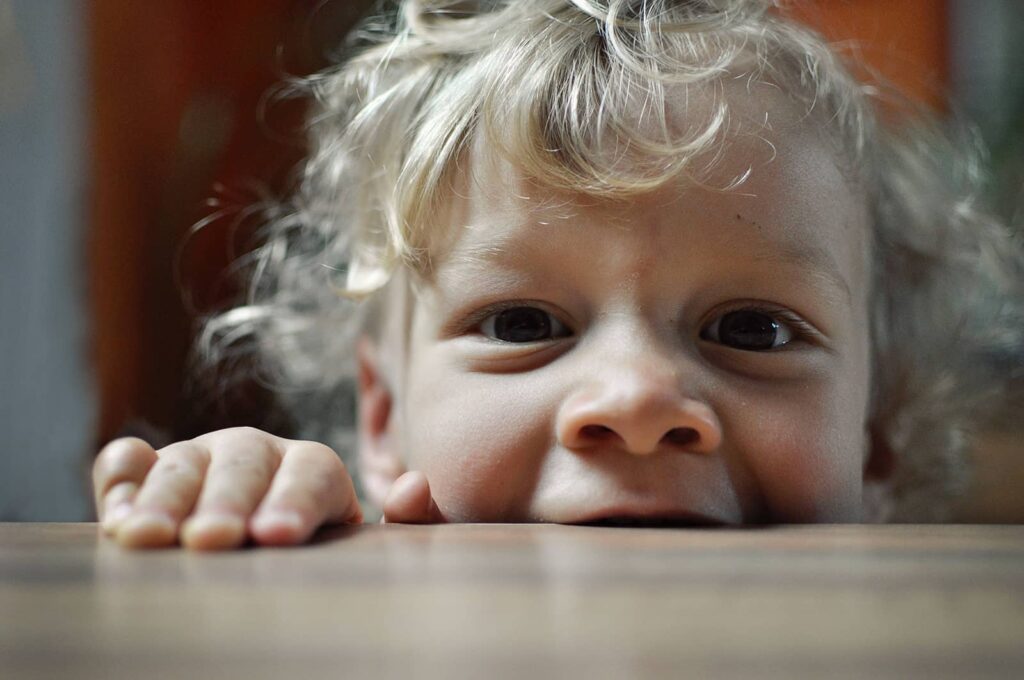For infants and early toddlers, biting is almost impulsive.
At a very young age, babies will look to biting as a means of exploring the world around them. Parents must practice close supervision of what and when their child is biting in order to prevent a habit from forming.
If a toddler becomes severely frustrated and unable to deal with a disappointing situation, he or she may turn to biting or hitting in an attempt to voice their unwillingness to cooperate. Other times your child may bite others when he or she feels powerless or stressed out emotionally around other children.

It is important to make your child feel safe and protected, especially when around other, potentially larger children. Reinforce how to properly deal with others by explaining to your child the importance of sharing, compromises and personal space.
Responding to Biting Behavior
Children who are prone to biting others must be kept under careful supervision. In order to avoid situations where your child might be tempted to bite, limit playtimes with other children and keep playgroups relatively small.
In the event that your child bites another child or adult, keep calm. Always remove your child from the situation immediately to show that biting never produces the desired results. Find out what is bothering your child, if anything. Follow up by issuing a firm warning to your child to explain just how much “biting hurts.”
If the biting persists and becomes a regular habit, do not be afraid to consult a doctor or health care provider about better ways to manage your child’s emotions.
Treating Human Bites
Any time that a bite actually ends up breaking the skin, consult a doctor. The human mouth contains significant amounts of bacteria that could easily lead to an infected wound. Understand that human bites are more prone to infections than bites from cats or dogs.
